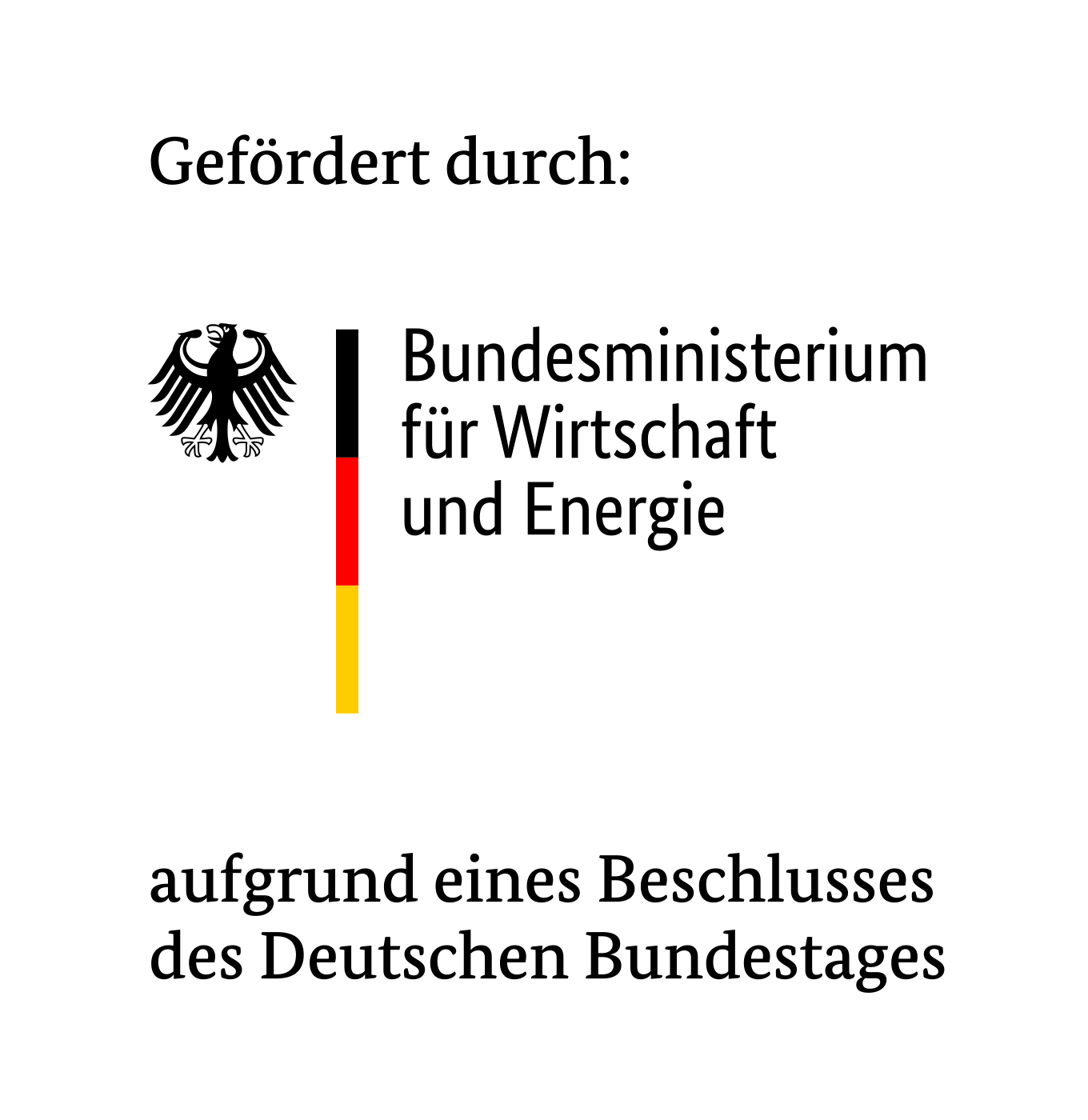Miniaturized H2 sensor system to ensure acceptance of fuel cell drive systems
In the future, high-performance commercial vehicles (medium to large loads, above about 110 kW) with nearly emission-free drives based on fuel cells will be increasingly used. Motor vehicles based on fuel cells are among the future-oriented concepts for sustainable, climate-friendly mobility. When powered by green hydrogen (H2), fuel cell systems form a highly efficient, almost emission-free alternative to combustion engines. Yet, with the use of hydrogen, there is the unavoidable risk of ignition and explosion. H2 sensor systems that ensure compliance with the high safety standards of the automotive industry are therefore a prerequisite for a broad acceptance of fuel cell drives.
As part of the HySABi project, Fraunhofer IPM is working with industrial partners to develop a novel H2 sensor system for the vehicle exhaust gas system. We are aiming at the following core innovations:
- Combining at least two complementary measurement principles for measuring H2 concentrations in one sensor element, thus ensuring the high safety requirements of the automotive industry
- Miniaturization of the sensor elements by using state-of-the-art semiconductor technologies. As a result: reduction of costs by half, reduction of installation space and in power consumption
The project result shall be a demonstrator that is tested close to application, both in the laboratory and in the field.
